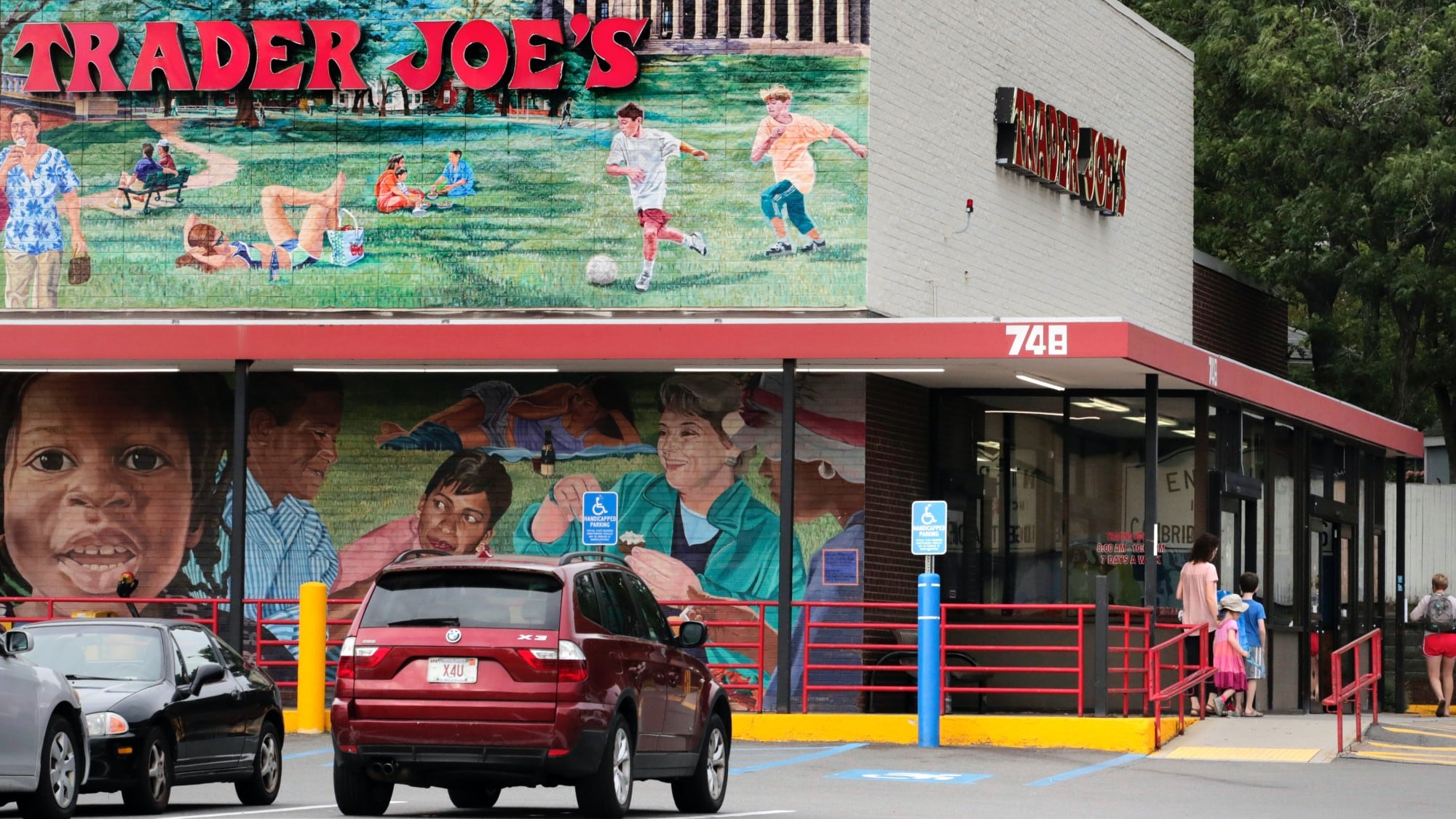By Jonel Aleccia
Rocks in Trader Joe’s cookies. Insects in its broccoli-cheese soup. Pieces of plastic in Banquet frozen chicken strips.
In recent weeks, U.S. consumers have seen high-profile food recalls for an unappetizing reason: They're contaminated with foreign objects that have no place on a dinner plate. And while no one wants to bite down on stainless steel in peanut butter or bone fragments in smoked sausage, this type of contamination is one of the top reasons for food recalls in the U.S.
Food safety experts and federal agencies use the terms “extraneous” or “foreign” materials to describe things like metal fragments, rubber gaskets and bits of bugs that somehow make it into packaged goods.
“Extraneous materials” triggered nine recalls in 2022 of more than 477,000 pounds of food regulated by the U.S. Department of Agriculture’s Food Safety and Inspection Service — triple the number of recalls tied to food contaminated with toxic E. coli bacteria.
And the size of recalls can reach into the millions: In 2019, USDA reported 34 recalls of more than 16 million pounds of food, spurred in large part by a giant recall of nearly 12 million pounds of Tyson chicken strips tainted with pieces of metal.
Plastic pieces from frayed conveyor belts, wood shards from produce pallets, metal shavings or wire from machinery are all common. So are rocks, sticks and bugs that can make it from the field to the factory.
Some contamination may even be expected, the FDA acknowledges in a handbook.
“It is economically impractical to grow, harvest or process raw products that are totally free of non-hazardous, naturally occurring, unavoidable defects," the agency wrote.
Both the USDA and FDA ask companies to promptly notify them when food is potentially contaminated with objects that may harm consumers. The agencies then determine whether recalls are necessary. Most recalls are voluntary and initiated by the companies, though the agencies can request or mandate the action.
Regulators said the Banquet issue was discovered when someone reported an oral injury after eating chicken strips. ConAgra Brands Inc., which owns Banquet, declined to comment beyond the firm’s news release. Trader Joe’s wouldn’t elaborate on how material got into the foods that led to its recent recalls.
Detection of unwanted objects has vastly improved in the past several years, said Keith Belk, director of the Center for Meat Safety and Quality at Colorado State University. Large manufacturers use magnets, metal detectors, X-ray devices and other technology to find unwanted materials in their products.
Still, “they’re going to miss things,” Belk said.
Those things have included pieces of gray nitrile glove that forced the recall of nearly 6,400 pounds of chicken tortilla soup in 2021 and pieces of copper wire that led to recall of nearly 5,800 pounds frozen beef shepherd’s pie in 2022.
There are also two notorious examples from 2017: “extraneous golf ball materials” that triggered a recall of frozen hash browns and a dead bat found in bagged salad that led the Centers for Disease Control and Prevention to recommend rabies treatment for two people.
In recent years, firms have become increasingly cautious and are recalling products more frequently than before, said Nathan Mirdamadi, a consultant with Commercial Food Sanitation, which advises the industry about food safety.
That may be because consumers don’t like finding weird things in their food. When they do, lawsuits may follow, experts said.
“It’s never good business to injure your customers,” Mirdamadi added.
Actual contamination may affect only a small amount of product, but firms recall all food produced within a certain window just to be safe. And while some of the food may be able to be “reconditioned” or treated for safety and sold again, “most of the time, it’s going to landfills,” Mirdamadi said.
Consumers who find foreign materials in food should notify manufacturers, experts said, but also realize that recalls are likely to stick around.
“The thing is, there’s never going to be a day where there’s zero risk associated with consuming a food product,” Belk said.
AP Business Reporter Dee-Ann Durbin contributed to this report.













